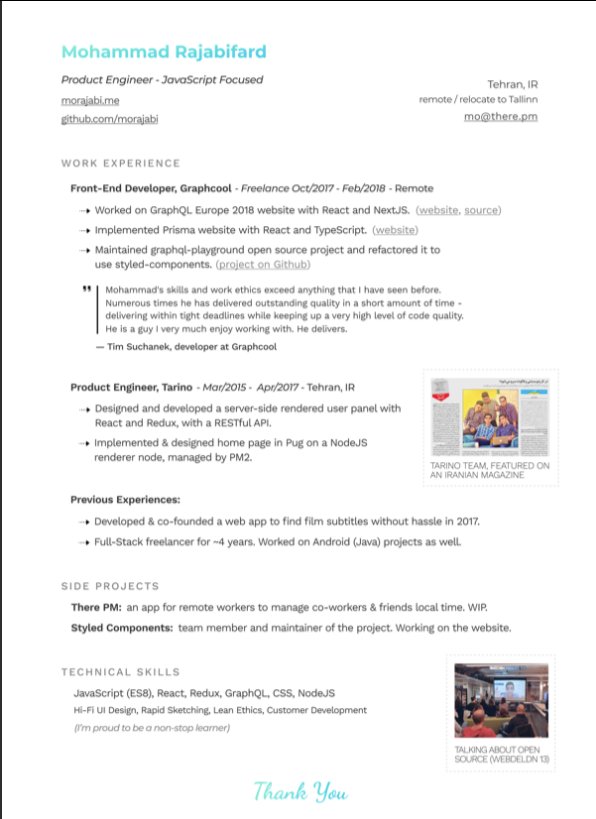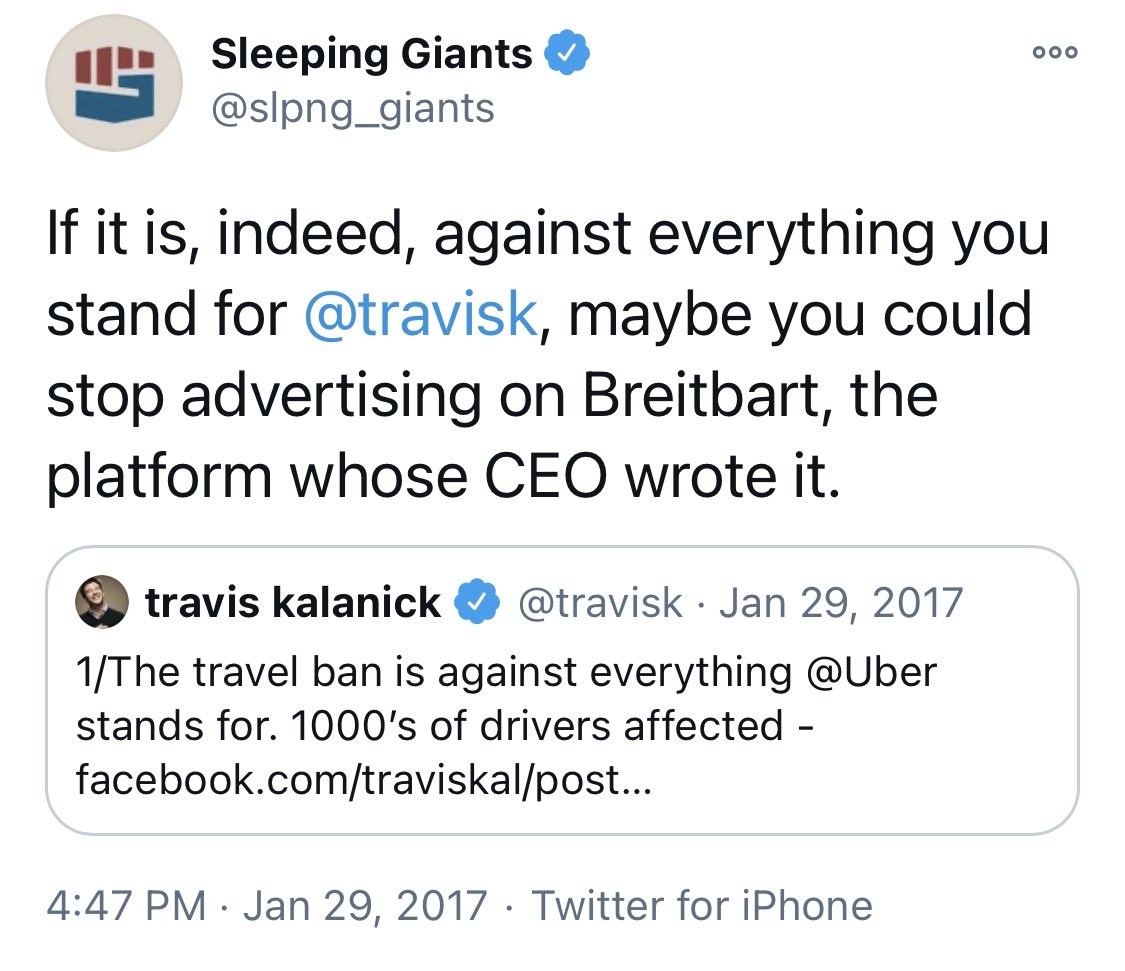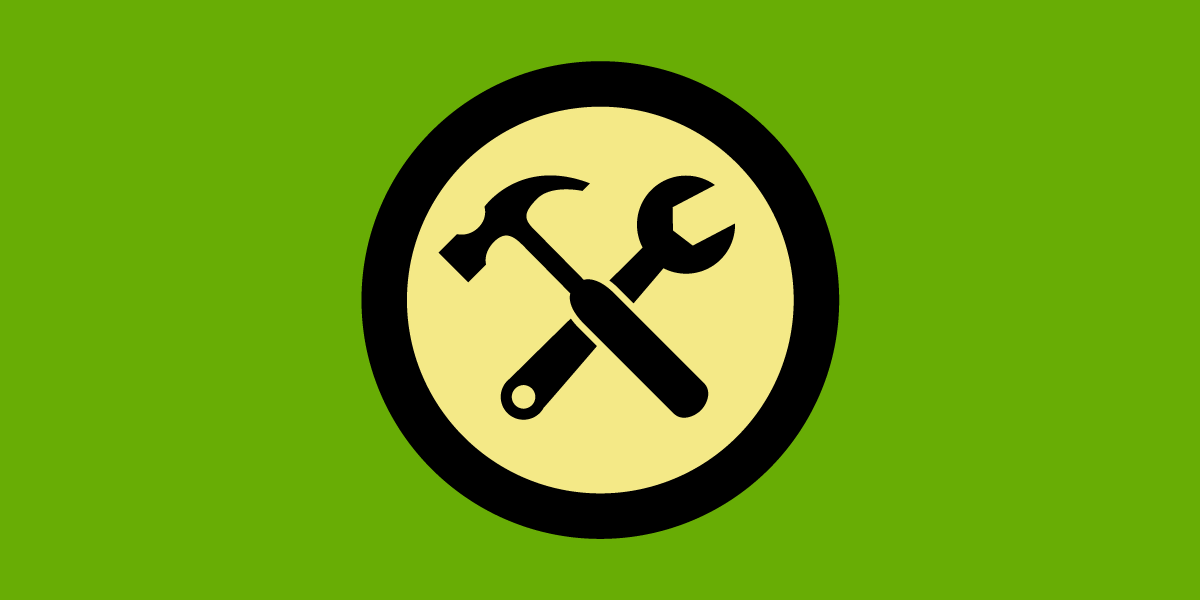A short thread about being a self-published author while I wait for something to render. A lot of people hate Amazon, and they do have some business practices that they really should change, but for me, their book publishing service allowed me to be an author (1)

Anyway, thanks for coming to my TED Talk (17)

More from Business
Should we go into the details of these 125 years?
SA is built on the exploitation of labour. That labour has functioned on alcohol unfortunately. Very few people consume liquor purely for enjoyment unfortunately. When SAB opened its doors 1895 workers were paid in alcohol- the dop/tot system. 2 years into SAB's establishment
The Prohibition Act is introduced. This means black people are barred from buying your wines, beer etc. So SAB's products are exclusively for white people. But during this period beer brewing by Black women is the norm. Ayinxilisi ncam ke this type of beer. Apparently it had some
Nutritious elements to it. Now some of the context around drinking culture during this time is migrant labour to the mines, further land dispossession, the Anglo-Boer Wars, Rhodes corruption (our first state capture commission if you will) which leads to his resignation.
This context plays a role in how our cities and small towns are constructed, how they lead to the confinement and surveillance yabantu. Traditional beer brewing is identified as a threat because buy now mining bosses have identified that there's money to be made here.
SAB has formed part of the fabric of SA for the last 125 years & we've stood behind the nation through its triumphs & challenges. After much consideration,SAB has decided to approach the Courts to challenge the Constitutionality of the decision taken to re-ban the sale of alcohol pic.twitter.com/40rWpJSW5b
— SABreweries (@SABreweries) January 6, 2021
SA is built on the exploitation of labour. That labour has functioned on alcohol unfortunately. Very few people consume liquor purely for enjoyment unfortunately. When SAB opened its doors 1895 workers were paid in alcohol- the dop/tot system. 2 years into SAB's establishment
The Prohibition Act is introduced. This means black people are barred from buying your wines, beer etc. So SAB's products are exclusively for white people. But during this period beer brewing by Black women is the norm. Ayinxilisi ncam ke this type of beer. Apparently it had some
Nutritious elements to it. Now some of the context around drinking culture during this time is migrant labour to the mines, further land dispossession, the Anglo-Boer Wars, Rhodes corruption (our first state capture commission if you will) which leads to his resignation.
This context plays a role in how our cities and small towns are constructed, how they lead to the confinement and surveillance yabantu. Traditional beer brewing is identified as a threat because buy now mining bosses have identified that there's money to be made here.
You May Also Like
“We don’t negotiate salaries” is a negotiation tactic.
Always. No, your company is not an exception.
A tactic I don’t appreciate at all because of how unfairly it penalizes low-leverage, junior employees, and those loyal enough not to question it, but that’s negotiation for you after all. Weaponized information asymmetry.
Listen to Aditya
And by the way, you should never be worried that an offer would be withdrawn if you politely negotiate.
I have seen this happen *extremely* rarely, mostly to women, and anyway is a giant red flag. It suggests you probably didn’t want to work there.
You wish there was no negotiating so it would all be more fair? I feel you, but it’s not happening.
Instead, negotiate hard, use your privilege, and then go and share numbers with your underrepresented and underpaid colleagues. […]
Always. No, your company is not an exception.
A tactic I don’t appreciate at all because of how unfairly it penalizes low-leverage, junior employees, and those loyal enough not to question it, but that’s negotiation for you after all. Weaponized information asymmetry.
Listen to Aditya
"we don't negotiate salaries" really means "we'd prefer to negotiate massive signing bonuses and equity grants, but we'll negotiate salary if you REALLY insist" https://t.co/80k7nWAMoK
— Aditya Mukerjee, the Otterrific \U0001f3f3\ufe0f\u200d\U0001f308 (@chimeracoder) December 4, 2018
And by the way, you should never be worried that an offer would be withdrawn if you politely negotiate.
I have seen this happen *extremely* rarely, mostly to women, and anyway is a giant red flag. It suggests you probably didn’t want to work there.
You wish there was no negotiating so it would all be more fair? I feel you, but it’s not happening.
Instead, negotiate hard, use your privilege, and then go and share numbers with your underrepresented and underpaid colleagues. […]
👨💻 Last resume I sent to a startup one year ago, sharing with you to get ideas:
- Forget what you don't have, make your strength bold
- Pick one work experience and explain what you did in detail w/ bullet points
- Write it towards the role you apply
- Give social proof
/thread

"But I got no work experience..."
Make a open source lib, make a small side project for yourself, do freelance work, ask friends to work with them, no friends? Find friends on Github, and Twitter.
Bonus points:
- Show you care about the company: I used the company's brand font and gradient for in the resume for my name and "Thank You" note.
- Don't list 15 things and libraries you worked with, pick the most related ones to the role you're applying.
-🙅♂️"copy cover letter"
"I got no firends, no work"
One practical way is to reach out to conferences and offer to make their website for free. But make sure to do it good. You'll get:
- a project for portfolio
- new friends
- work experience
- learnt new stuff
- new thing for Twitter bio
If you don't even have the skills yet, why not try your chance for @LambdaSchool? No? @freeCodeCamp. Still not? Pick something from here and learn https://t.co/7NPS1zbLTi
You'll feel very overwhelmed, no escape, just acknowledge it and keep pushing.
- Forget what you don't have, make your strength bold
- Pick one work experience and explain what you did in detail w/ bullet points
- Write it towards the role you apply
- Give social proof
/thread

"But I got no work experience..."
Make a open source lib, make a small side project for yourself, do freelance work, ask friends to work with them, no friends? Find friends on Github, and Twitter.
Bonus points:
- Show you care about the company: I used the company's brand font and gradient for in the resume for my name and "Thank You" note.
- Don't list 15 things and libraries you worked with, pick the most related ones to the role you're applying.
-🙅♂️"copy cover letter"
"I got no firends, no work"
One practical way is to reach out to conferences and offer to make their website for free. But make sure to do it good. You'll get:
- a project for portfolio
- new friends
- work experience
- learnt new stuff
- new thing for Twitter bio
If you don't even have the skills yet, why not try your chance for @LambdaSchool? No? @freeCodeCamp. Still not? Pick something from here and learn https://t.co/7NPS1zbLTi
You'll feel very overwhelmed, no escape, just acknowledge it and keep pushing.

















